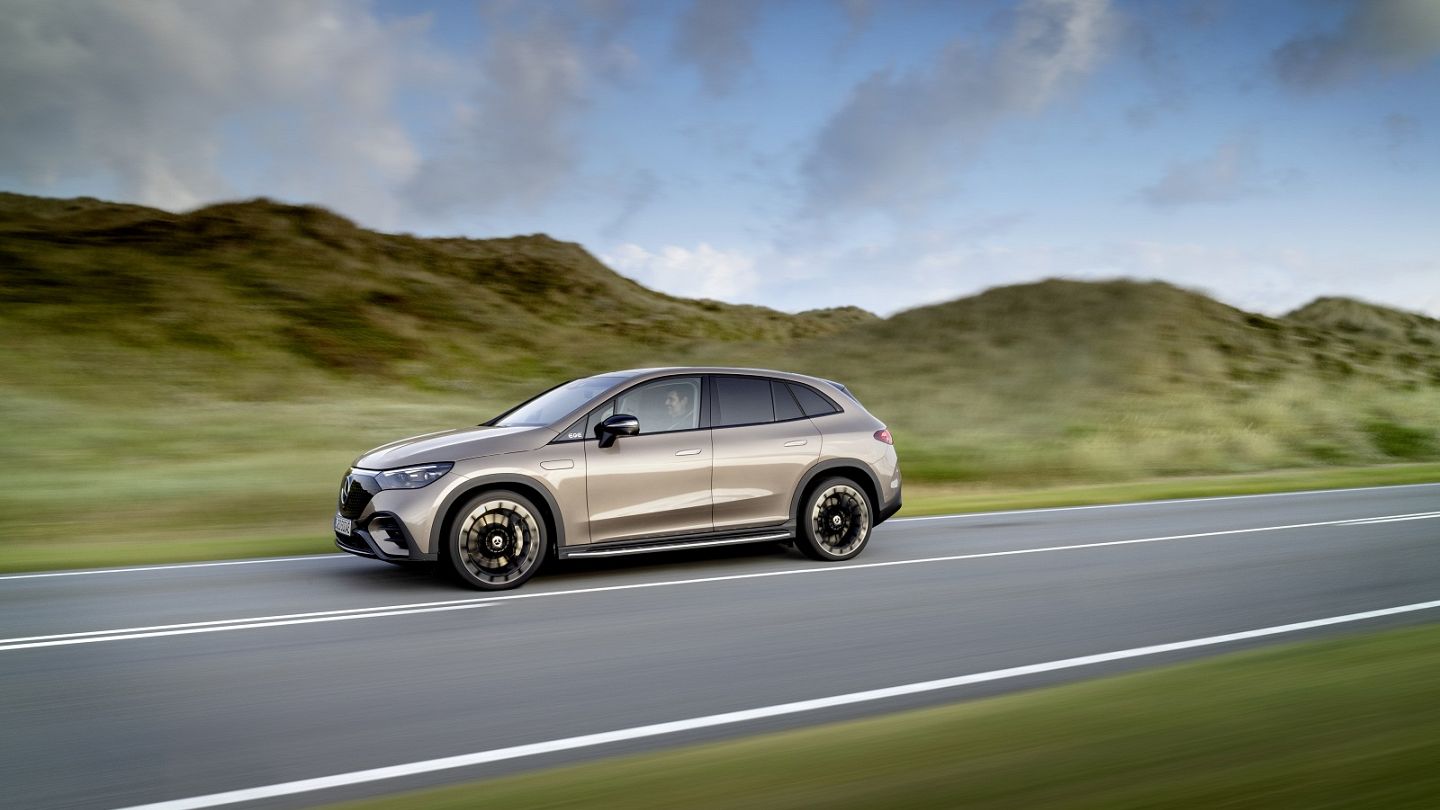Charging Time and Range
As mentioned in the previous section, BEVs have different chargers
depending on the manufacturer and region. Similarly, the time that
it takes to get a full charge can also depend on the vehicle, but also
the charger or charging method being used.
For example, to charge a stand BEV model with a 63kWh battery
using a residential charger (240V) (depending on the kW)
anywhere up to 15 hours to get the battery to 80%. However, with
commercial chargers which often have a higher kilowattage, the
same charge can be obtained in under an hour.
However, this can seem daunting for ICE vehicle users who are
accustomed to spending a maximum of a few minutes waiting for
their gas tanks to be filled. Thankfully, there is a comparable
method for EV users: DC fast chargers can charge at 150-400kW
which means an 80% charge can be achieved in 8-20 minutes.
Drivers who go long distances in their vehicles tend to charge their
vehicles two to three times a week. Most EV users, however, prefer
to use the "top-up" method, where users will park in spaces with
"Range anxiety"
Range anxiety refers to the feelings
many EV users experience when
they fear that their vehicle will not
have sufficient charge to reach its
destination, stranding the vehicle
and its driver/passengers. This is
particularly prevalent to BEV users
as charge points can be few and
far between in many regions.
11
charging infrastructure readily
available. As they are going
about their day, their car can
charge as much as possible
within the time frame
available.
This wards off potential range
anxiety.
With the growing trend of BEVs, however, manufacturers and
charge point operators have sought to increase the availability of
charging infrastructure, develop more convenient batteryswapping technology, and extend the range in newer models of
BEVs.
It is difficult to pinpoint the exact distance a BEV can go on a full
charge as batteries and chargers differ by manufacturer and by
region. However, depending on the vehicle model, these days EVs
can go anywhere from 200 kilometers to 500 kilometers on a full
charge. The Tesla Model 3 LR, for example, can make it 560
kilometers before needing to recharge. This distance is expected to
increase as research and development of EV batteries advances.
Charging Costs
A benefit that many EV users tout is the financial savings associated
with owning an EV. Though the vehicle itself can cost a bit more
than a traditional ICE vehicle, the general consensus is that electric
vehicles are more affordable in the long run due to their charging
costs.
According to the U.S. Department of Energy, assuming that
electricity costs $0.13 per kilowatt-hour (the national average),
charging an EV with a fully-depleted 66 kWh battery will cost about
$9 to reach 100% charge.* In the UK, the average domestic
electricity rate is £0.14, about $0.20, and in the European Union, the
average rate is €0.21, or about $0.26, so costs can vary.
Additionally, due to government support and subsidies, along with
the lower cost of charging vs. filling up on gasoline, EVs can be a
more economically efficient option when purchasing a vehicle in
the long run.


